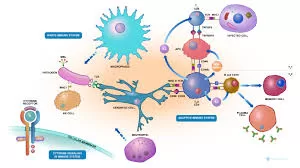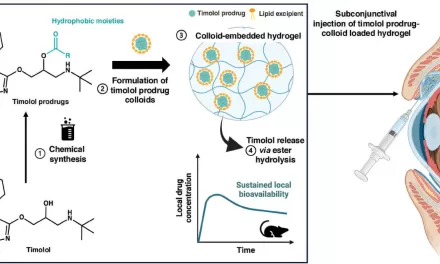A groundbreaking discovery by researchers at McMaster University in Canada has uncovered a novel function of a protein that may open new avenues for treating age-related diseases and promoting healthy aging. Led by Indian-origin scientist Professor Bhagwati Gupta, the team identified a protective role of a protein called MANF, which could be crucial in addressing diseases like Alzheimer’s and Parkinson’s.
In their study, published in the Proceedings of the National Academy of Sciences, the researchers found that cells often make errors when producing proteins, leading to misfolded proteins that clump together into toxic aggregates. These clumps are implicated in various neurodegenerative diseases, contributing to the gradual deterioration of brain cells.
“Cells under stress, caused by protein aggregation, send a signal to the endoplasmic reticulum, the cellular organ responsible for protein synthesis, to halt further production,” explained Gupta. This protective response helps cells manage the overwhelming burden of faulty proteins.
Central to this discovery is MANF, a class of protective proteins that the team found plays a pivotal role in maintaining cellular health. MANF prevents the accumulation of toxic protein aggregates, helping cells function optimally and prolonging their lifespan. “MANF essentially acts as a cellular ‘clean-up’ system,” Gupta added, highlighting its potential in preventing the breakdown of cellular processes.
The researchers used Caenorhabditis elegans (C. elegans), a microscopic worm often used in scientific studies, to experiment with manipulating MANF levels. They demonstrated that increased levels of MANF can activate mechanisms that clear out harmful protein clumps, promoting healthier cells.
Although the initial research was conducted on worms, these findings hold broader significance. “MANF is present in all animals, including humans. We’re uncovering fundamental mechanisms that could eventually be applied to higher organisms,” said Shane Taylor, a postdoctoral fellow at the University of British Columbia and co-author of the study.
The team’s discovery points to the possibility of developing MANF-based therapies for age-related diseases. By targeting cellular processes, such treatments could potentially remove toxic protein clumps and support brain health. Further research will focus on understanding how MANF interacts with other proteins and cellular players, potentially unlocking new strategies for combating diseases that affect the brain and other organs.
The findings are a promising step toward understanding how cells maintain homeostasis and the potential of MANF to revolutionize treatment for neurodegenerative conditions.












